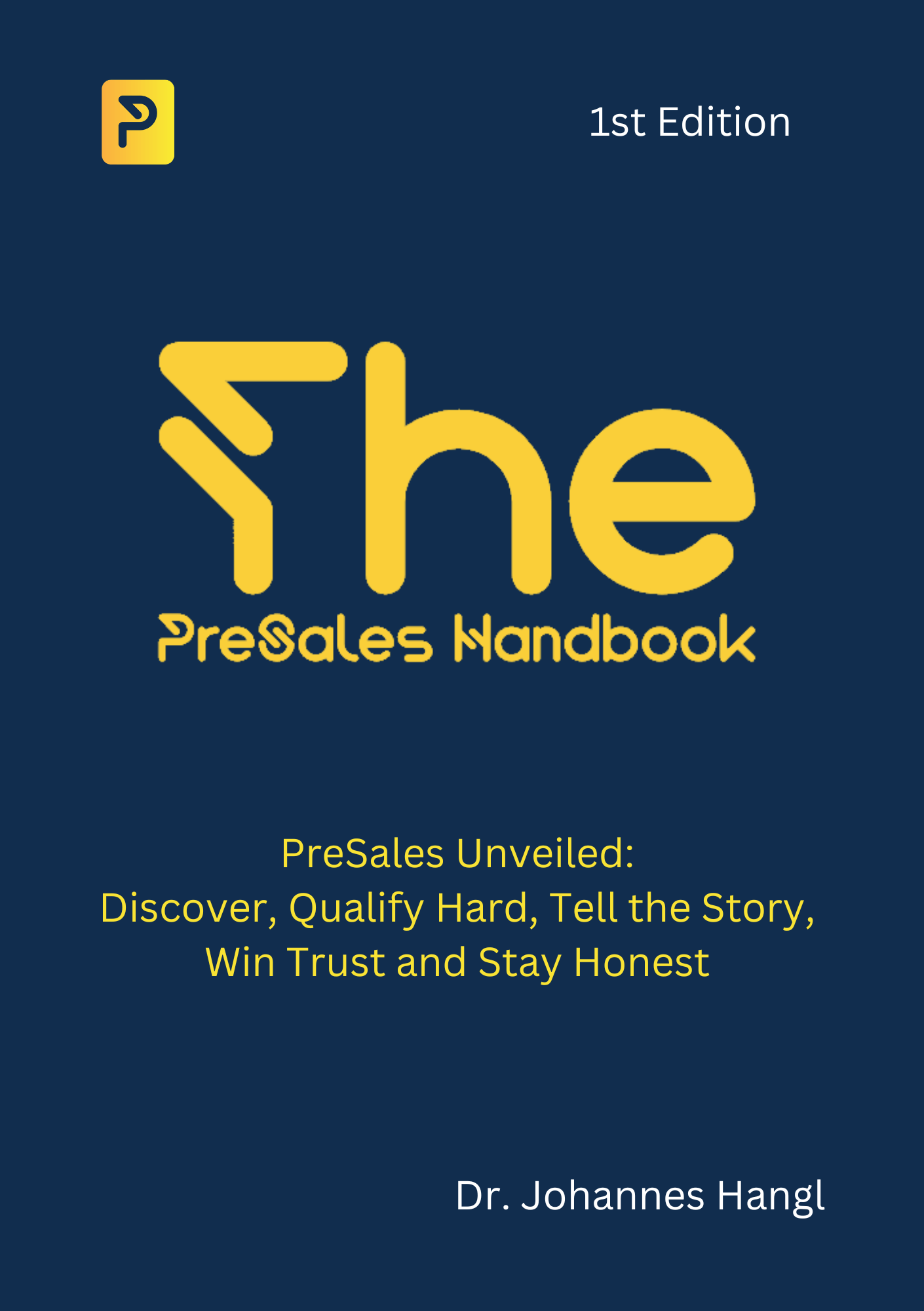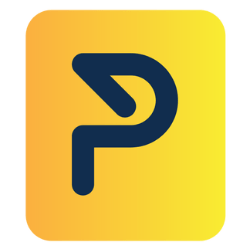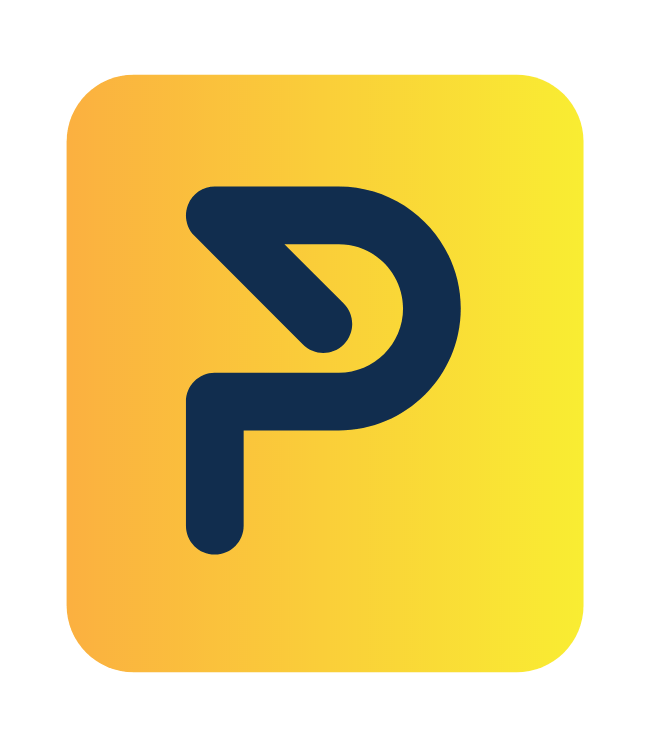Why is it important?
Personal branding is essential for PreSales professionals, enabling them to market themselves and their careers as brands, thereby developing and maintaining a reputation and impression that sets them apart in a competitive market. This concept highlights the importance of building a personal brand both online and offline:
Online Presence: Utilizing digital platforms like LinkedIn, personal blogs, and social media allows PreSales professionals to showcase their expertise, share industry insights, and engage with peers. Regular posts about trends, seminar takeaways, or success stories not only demonstrate passion and dedication but also establish thought leadership in the PreSales domain.
Offline Interactions: Equally crucial is how professionals present themselves in face-to-face settings like meetings, seminars, and industry events. The way one engages in conversations, offers insights, listens, and collaborates contributes significantly to their personal brand, leaving lasting impressions on those they interact with.
Personal branding for PreSales professionals is more than just a way to stand out in a competitive industry; it’s essential for career growth, professional credibility, and building trust with prospects and clients. A strong personal brand can:
Establish Credibility: Positions you as a thought leader and expert in your field.
Build Trust: People buy from people they trust; a personal brand that conveys reliability can make a significant difference.
Career Opportunities: Opens doors for networking, speaking opportunities, and career advancement.
Influence and Reach: A well-established brand can extend your influence, allowing you to reach and impact a larger audience.
How to Develop a Personal Brand
Define Your Brand
Identify Your Unique Value Propositions (UVPs): Determine what sets you apart from others in your field. This could be a unique combination of skills, experiences, or your approach to solving problems. For instance, if you specialize in introducing advanced SaaS solutions to traditional industries, this is part of your UVP.
Stand for Something: Decide on the core principles or values that you want to be known for. Are you an advocate for innovation, exceptional customer service, or perhaps transparency in client relations? These values should guide your professional behavior and interactions.
Craft Your Professional Identity: How do you want others to perceive you? Whether it’s a reliable expert, a creative problem-solver, or a tech-savvy innovator, your public persona should reflect the professional identity you choose to cultivate.
Consistent Messaging
Uniform Communication: Whether you’re posting on LinkedIn, tweeting, or speaking at a conference, your language, tone, and style should be uniform. This helps in reinforcing your brand identity across various platforms and interactions.
Tailor Your Message: Adapt your messaging to suit different platforms while maintaining a consistent theme. For example, LinkedIn posts might be more detailed and professional, while tweets may be more concise and direct, but all should clearly reflect your professional ethos.
Professional Online Presence
Regular Updates: Keep your digital profiles up-to-date with your latest professional achievements, projects, and roles. This shows that you are active and engaged in your field.
Valuable Content Sharing: Share articles, write posts, or create videos that provide value to your audience. This could include insights on industry trends, lessons learned from recent projects, or tips on using new SaaS tools effectively.
Networking
Active Engagement: Attend industry conferences, seminars, and workshops not just as a participant, but as a speaker or panelist to further establish your expertise. Online, participate in forums and discussion groups related to your field.
Value Exchange: Networking should be mutually beneficial. Aim to provide value in every interaction, whether by sharing knowledge, resources, or support. This approach helps in building lasting professional relationships.
Continuous Learning
Stay Informed: Keep abreast of the latest trends, technologies, and best practices in your industry. Subscribe to relevant journals, follow thought leaders on social media, and participate in relevant courses and workshops.
Apply and Share Knowledge: Apply what you learn not only to improve your own practices but also to share with your network. This could be through writing articles, hosting webinars, or conducting training sessions. Sharing your knowledge helps solidify your position as an expert and go-to resource in your field.
The Value of Networking
Networking transcends mere connections to cultivate meaningful relationships, offering invaluable benefits for PreSales professionals. It’s a gateway to industry insights, client needs, and emerging opportunities, enriched by diverse perspectives from peers, leaders, and professionals in related fields. More than a resource for overcoming challenges with tools or methodologies through shared experiences, it’s an avenue to provide and receive guidance, solidifying one’s standing as an industry expert. Networking is about mutual growth, support, and the exchange of knowledge, making it an indispensable part of professional development in the PreSales landscape.




